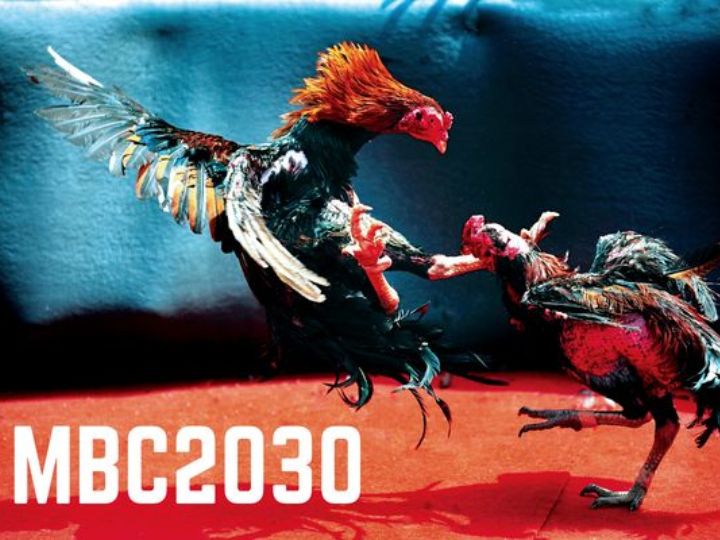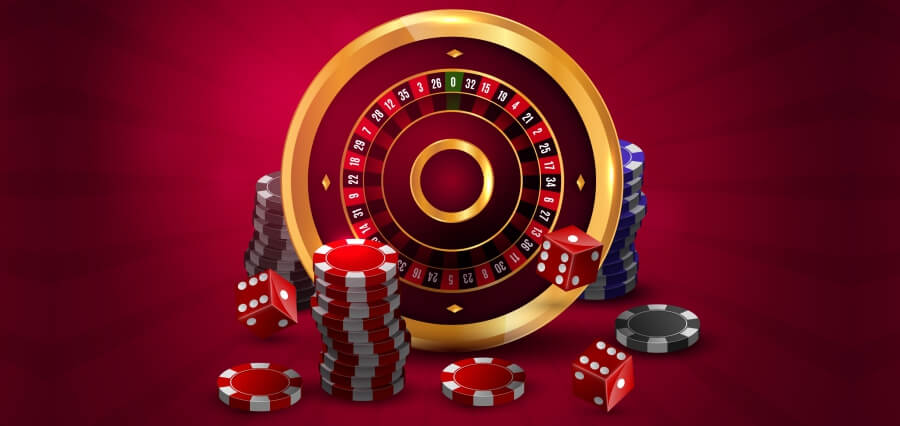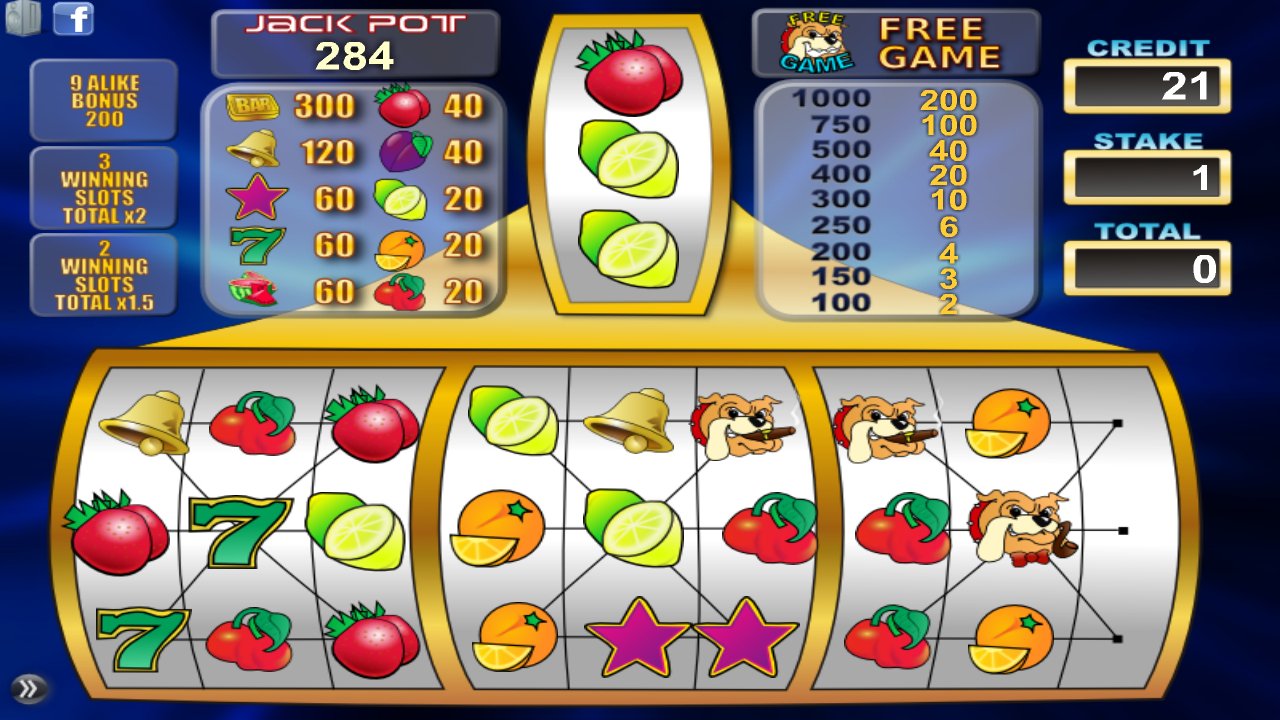Can Loot Boxes in Video Games Be Considered Gambling?
Loot boxes are features found in video games, which may be accessed through gameplay or bought with in-game items, virtual currencies, or real money. Often, they appear as crates, chests, or card packs.
Loot boxes usually contain randomized rewards; therefore, users do not know what is in the box before opening it. The contents of these loot boxes can range from new computer characters to weapons, armour, or skins that change the game characters’ appearance. Loot boxes can boost their users’ enjoyment and interest in UK Slots games.
The Controversy behind Loot Boxes
Concerns have been raised about whether buying loot boxes is like a game of chance and, therefore, a form of gambling. Major concerns have been raised about loot boxes within games, which are targeted at younger gamers.
Research by the University of York in 2019 showed that 71% of top games on Steam, a popular platform for downloading games, contained loot boxes. In some games, players can trade the rewards they get from loot boxes with each other for real money.
According to the report given by Dr. David Zendle, a lecturer at the University of York, there is a correlation between spending money on loot boxes and problem gambling. He states that spending money on loot boxes could open the way to gambling.
In his evidence, Zendle points out that loot boxes may not lead people to gamble; people who enjoy gambling are more likely to be drawn to the loot boxes. He stated that problem gambling is characterized by uncontrolled spending on gambling. In many ways, loot boxes are similar to gambling. Therefore, it makes sense that this uncontrolled spending may also be transferred to loot boxes.
UK Calls for Regulation of Loot Boxes
in September 2019, the House of Commons Digital, Culture, Media and Sport Committee published its immersive and active technologies report. In the report, the committee discussed financial problems associated with online gambling.
Evidence was presented that there are structural and psychological similarities between loot boxes and gambling. The report recommended that loot boxes should not be sold to children. Further, the report recommended that the government legislate under section 6 of the Gambling Act 2005 to specify that loot boxes are a game of chance.
In September 2020, the government launched the call for evidence and the broader review of the gambling Act 2005 in December 2020. The call for evidence found that the loot box market was estimated to be worth £700m in the UK in 2019. It also showed a range of potential harms associated with purchasing loot boxes, including damages related to gambling, mental health, and financial problems. These risks were found to be higher in children and younger people.
There is an increasing concern that gambling is now part of everyday life for children and young people. There is a call for governments to review the research and evidence presented by numerous organizations to decide what legislative and regulatory changes are needed to address these concerns.




